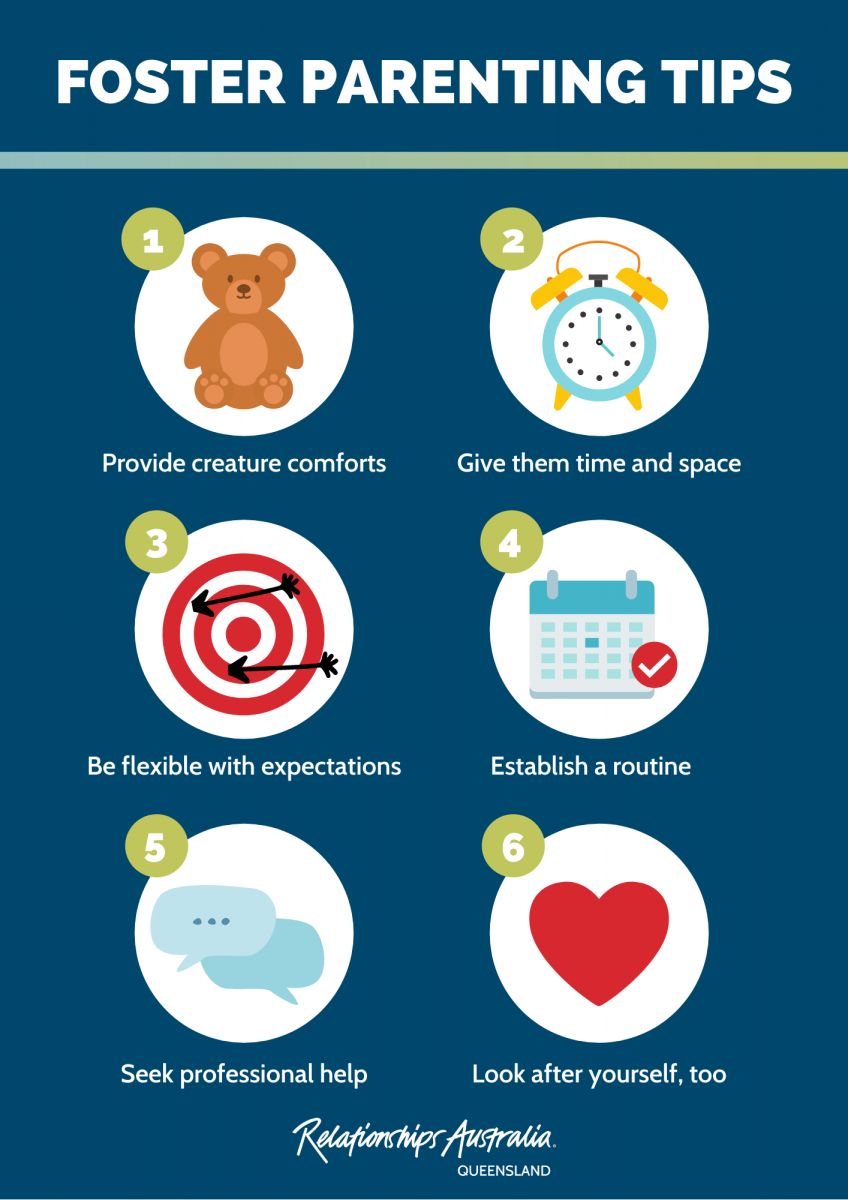Written by Karen Marshall – Psychologist and Clinical Supervisor
After separating, some parents may disagree about how they will parent their children. They may debate about how much time the children will spend with each parent, forms of discipline, or schooling and care arrangements.
Mediation services can help parents resolve these disputes and agree on child arrangements, while keeping the best interests of children in mind.
In this article, Psychologist and Clinical Supervisor Karen Marshall explains what ‘Child Inclusive Mediation’ is and when it might be useful.
What is Child Inclusive Mediation?
Child Inclusive Mediation (CIM) encourages the safe and indirect involvement of children in the mediation process, facilitated by a trained child specialist.
The purpose is to support both parents/carers to resolve their disputes, while keeping their child’s needs and interests as their key priority.
Parents who are undertaking face-to-face mediation can agree to have a Child Consultant spend time with their child ahead of that mediation. The Child Consultant will then join the parents’ mediation process to represent the concerns and priorities of the child in that process.
The Child Consultant is a specially trained practitioner and uses specific tools to gain a genuine understanding of the child or young person and their needs.
In their sessions, they explore a range of topics, such as:
- How the young person feels when they see/hear their parents arguing or saying unkind things about each other
- How they feel about being ‘messengers’ between parents
- How they feel about siblings, school, or friendships
- Things they are worried about, excited about, or hoping for
- The strengths in their family
- Areas in their family they wish were different.
On the day of the Child Session, it is made clear to the child that they are “the boss” of the session. They can share as much or as little as they wish, and the Child Consultant will confirm with them what information they can share with the child’s parents.
The child is told that their parents have been asked not to ask the child questions after the session – but that they can tell their parent anything they would like to share about their time with the Child Consultant.
If there are any risks for the child identified in any of these processes, they will be carefully managed by the practitioners involved.
Child Inclusive Mediation in high-conflict cases
In the past, Child Inclusive Mediation was not offered to families in high-conflict situations, but this is no longer the case. No matter the circumstances, preparation for the process is crucial. Before a Child Inclusive Mediation is offered, much work will have been done with the parents/carers in preparation for the process.
This might involve multiple sessions with the parents including intakes, education sessions, Parent Sessions with the Child Consultant, Family Law Counselling, attendance at the Parenting Orders Program, or an individual session with a practitioner. Parents/carers may even attend a mediation session to determine whether it is the best option for their child/ren.
Ultimately, a question we would ask ourselves is: Can these two people put their own conflict aside for the sake of their children and really listen to their children’s voices?
If parents are willing to put conflict aside and do the necessary preparation, Child Inclusive Mediation can be transformative for everyone.
When is Child Inclusive Mediation suitable?
Child Inclusive Mediation is not for everyone. At Relationships Australia Queensland, we undertake a careful assessment to determine whether Child Inclusive Mediation is a safe and appropriate option for the child/ren involved.
You can learn more about our Child Consultancy Service here, or call 1300 364 277 for more information. Our practitioners explain the benefits of mediation and what to expect in a session in this blog post.
 Karen Marshall is a Psychologist and Clinical Supervisor. She has had extensive experience working in a number of Programs including working with children and families who are under orders with Child Safety, and families experiencing family breakdown and the complexities of separation. Outside of RAQ Karen works in private practice as a Psychologist, Child Consultant, Relationship Counsellor and Supervisor. She also provides Supervision for Psychology Registrants. Karen has written Curriculum on Supervision for the Australian Centre for Grief and Bereavement.
Karen Marshall is a Psychologist and Clinical Supervisor. She has had extensive experience working in a number of Programs including working with children and families who are under orders with Child Safety, and families experiencing family breakdown and the complexities of separation. Outside of RAQ Karen works in private practice as a Psychologist, Child Consultant, Relationship Counsellor and Supervisor. She also provides Supervision for Psychology Registrants. Karen has written Curriculum on Supervision for the Australian Centre for Grief and Bereavement.
Karen has worked for Relationships Australia since April 2008, first as a Child Consultant and FDRP and later she combined these roles with Supervision. Since 2015 Karen has worked solely as a Clinical Supervisor in the Organisation across multiple Programs and Venues.
Karen’s passion for Supervision is matched by her passion for giving voice to vulnerable people – particularly the youngest and oldest in our Community. This has led to her involvement as both a Committee member and Speaker at four of the last national Child Inclusive Practice Forums which are held bi-annually. This passion for giving voice has been at the heart of Karen’s work for RAQ.







